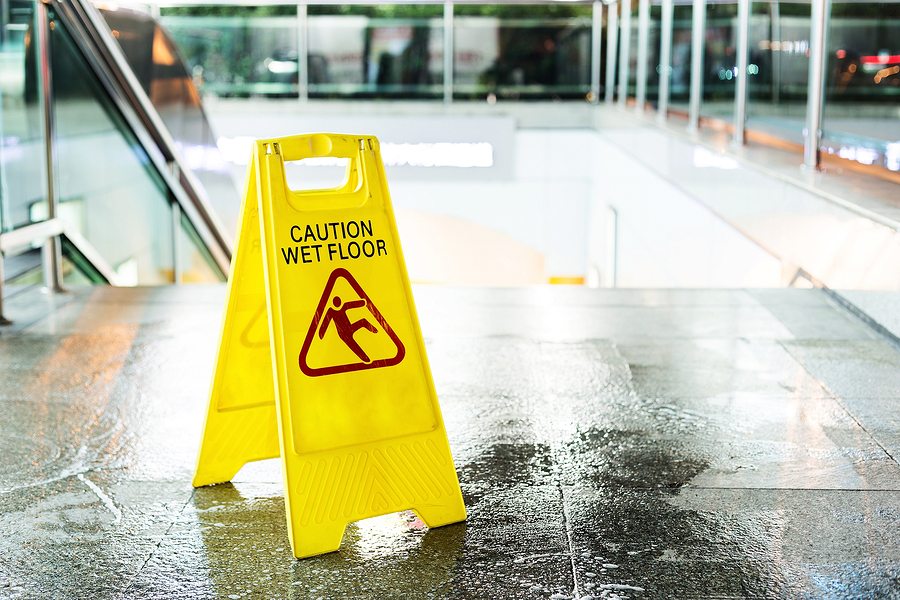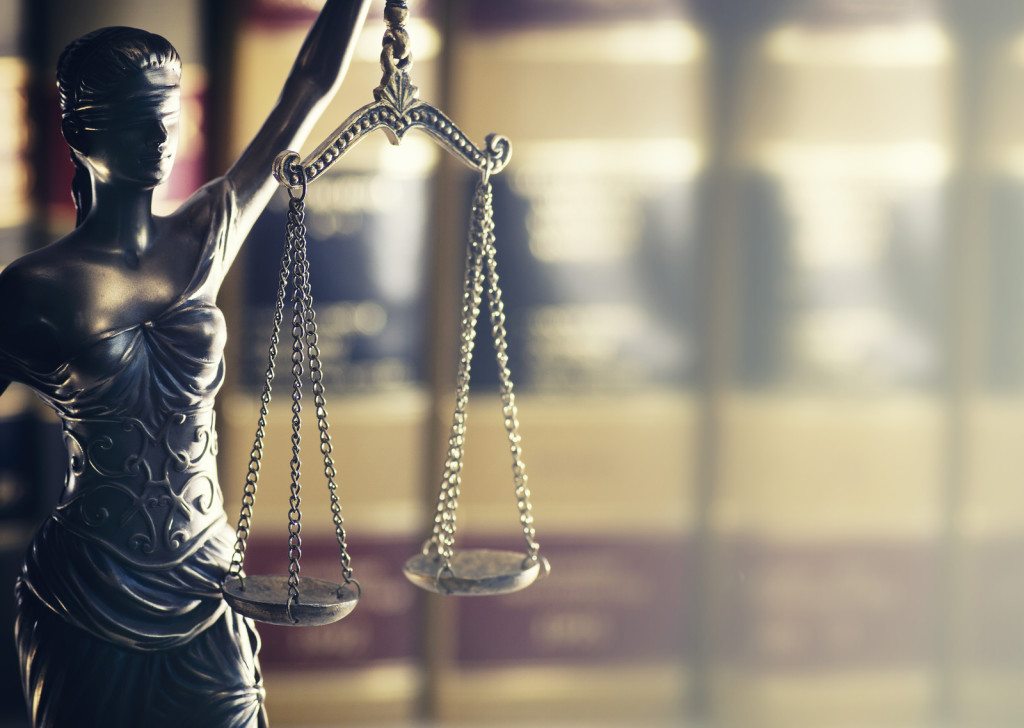Falls are commonplace among adults aged 65 and older, especially in nursing homes. As nursing home fall statistics indicate, the average 100-bed facility reports up to 200 falls per year, while falls kill about 1,800 nursing home residents annually. In fact, many seniors enter nursing homes because they fall frequently. Unfortunately, despite a profusion of state and federal laws that create strict standards for long-term care facilities, many nursing home employees do not take adequate measures to prevent or address fall injuries. When a nursing home resident is injured or killed by a fall which occurs because of a staff member’s neglect or abuse, compensation may be available to the victim or their surviving family members with the legal help of PA nursing home lawyers from a PA nursing home law firm.

People of any age can fall, a fact demonstrated by the huge annual number of slip and fall accidents in the United States. However, while falls can strike any victim, elderly individuals have a higher risk than young or middle-aged adults.
Even among the elderly, who collectively are already at greater risk than other demographics, certain individuals are more prone to falling than others. Among seniors, risk factors that increase the likelihood of an unintentional fall include:

The CDC has issued the following recommendations for reducing falls and fall-related injuries in U.S. nursing homes:
The question is whether these recommendations are actually followed, as a nursing home lawyer in Philadelphia, PA can explain. Protocols for preventing and/or responding to falls are seldom practiced as effectively as they could be, leading to numerous incidents and injuries of a preventable nature. Take, for instance, this excerpt from a recent audit of the Pennsylvania Department of Health:
“According to the complaint documentation, the complainant, who was an employee of the facility, alleged that a resident had fallen out of bed and then was returned to bed (apparently without an appropriate injury assessment). Approximately 30 minutes later… the resident went into cardiac arrest… [A]ccording to the complainant, none of the staff knew what to do about the resident’s condition… The resident later died.”
In response to this tragic incident, the audit asked two critical questions:
In this particular instance, the fall was related to health problems which subsequently led to a fatal heart attack. Regardless of whether a fall occurs due to illness, clutter, poor lighting, broken support rails, failure to help a resident stand or get out of bed, nursing home under-staffing that leads to a lack of supervision, or other factors, nursing home employees are expected – indeed, legally required – to meet the care criteria outlined in the Federal Nursing Home Reform Act/42 U.S. Code § 1395i–3 (“Requirements for, and Assuring Quality of Care in, Skilled Nursing Facilities”), Chapter 211 of the Pennsylvania Code (“Program Standards for Long-Term Care Facilities”), and Chapter 207 of the Pennsylvania Code (“Housekeeping and Maintenance Standards for Long-Term Care Nursing Facilities”). Together, these laws govern nursing home residents’ rights.
If your mom or dad fell at their nursing home, negligent or abusive staff members may be to blame. Sadly, it is not unheard-of for nursing home workers to try and pass off bruises or cuts as being fall-related, when in fact, they were actually caused by abusive treatment like punching, hitting, shoving, or kicking. In its discussion of elder abuse, the Pennsylvania Bar Association’s Guide for Senior Citizens notes “bruises and broken bones blamed on falls,” adding, “the real cause may be pinching or beating.”
If you’re worried about abuse at your parent or grandparent’s nursing home, don’t wait to intervene. Report nursing home abuse in Pennsylvania immediately, and contact an experienced nursing home abuse lawyer in Philadelphia, PA who can help you understand your family’s legal options. Call Philadelphia nursing home abuse lawyer Brent Wieand at (888) 789-3161 for a free, confidential legal consultation today.
*Disclaimer: This article is for informational purposes and is not legal advice. The Wieand Law Firm, LLC is based in Philadelphia, PA, and proud to serve clients throughout Pennsylvania and New Jersey.*